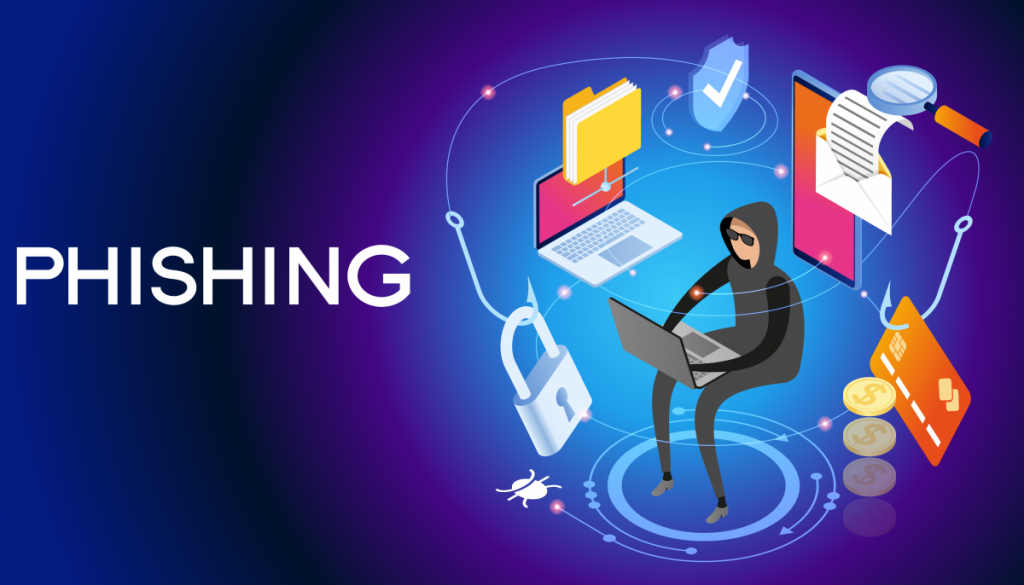Enterprises are prime targets for cybercriminals seeking to exploit vulnerabilities and compromise sensitive information. As a result, cultivating a culture of cybersecurity awareness, implementing robust data protection measures, and ensuring compliance with industry regulations are paramount for safeguarding your enterprise's digital assets and reputation.
Phishing Awareness: The First Line of Defense

Phishing attacks continue to be one of the most prevalent and successful tactics used by cybercriminals. These deceptive tactics involve luring unsuspecting individuals into clicking on malicious links, downloading malware, or revealing sensitive information. Enterprise employees are often the initial targets of these attacks, making phishing awareness training an essential defense mechanism.
What is Phishing?
Phishing is a malicious attempt to deceive individuals into revealing confidential information, such as login credentials, credit card numbers, or company data. These attacks usually come in the form of fraudulent emails, messages, or websites.
The Importance of Phishing Awareness:
- Recognizing Phishing Attempts: Phishing awareness training equips employees with the skills to identify suspicious emails, links, and requests.
- Preventing Data Breaches: By avoiding falling victim to phishing, employees help protect their organization's sensitive data from theft or compromise.
- Cultivating Vigilance: Regular training promotes a culture of vigilance, where employees become the organization's first line of defense against cyber threats.
Data Protection: Safeguarding Your Most Valuable Asset
Data is at the core of every enterprise's operations. Whether it's customer information, financial records, or proprietary research, protecting data is non-negotiable. Data breaches not only result in significant financial losses but can also irreparably damage an enterprise's reputation.
Best Practices for Data Protection:
- Encryption: Utilize robust encryption methods to secure data in transit and at rest.
- Access Control: Implement strict access controls, ensuring that only authorized personnel can access sensitive data.
- Regular Backups: Regularly back up data to prevent loss in the event of a cyberattack or hardware failure.
- Employee Training: Educate employees on data handling best practices and the importance of data protection.
Compliance: Navigating the Regulatory Landscape
Many industries are subject to stringent data protection regulations and compliance standards. Non-compliance can result in severe penalties, legal ramifications, and damage to an enterprise's reputation.
Key Compliance Standards:
- General Data Protection Regulation (GDPR): Applies to businesses handling the personal data of EU citizens, emphasizing data privacy and consent.
- Health Insurance Portability and Accountability Act (HIPAA): Governs the handling of healthcare data in the United States, focusing on patient privacy.
- Payment Card Industry Data Security Standard (PCI DSS): Ensures secure handling of credit card information to prevent data breaches.
- ISO 27001: An internationally recognized standard for information security management systems (ISMS) that helps organizations establish and maintain robust cybersecurity practices.

